Tibet is the “land of snowy realm” for the Tibetans but for Indians it is Tribishtab , the land of Devas.
Indeed, it is truly a Deva Bhoomi by any standard of definition for Mount Kailesh, the holiest of all the mountains is located here. Tibet is also studded with many other holy mountains and lakes.
Many great rivers of the world originate in Tibet, such as Sutlej, Jhelum, Brahmaputra, Indus, Salween, Mekong Yangtse Kiang, Huang Ho, etc.
It is for this reason Tibet is known as the third pole or water tower of Asia. She is also rich in flora and fauna, virgin forest and various mineral resources.
Above all, strategically located due to its high elevation, hence it is known as the roof of the world and for many in the west, Tibet is also known as the mystic land of Shangri-La.
In October of 1949, Communist China under the leadership of Mao Zedong announced that Tibet is a part of China.
So, it (needs) to be liberated from foreign imperialists and merge with the People’s Republic of China.
Accordingly, the PRC started the occupation of Tibet from the eastern region of Kham province the same year.
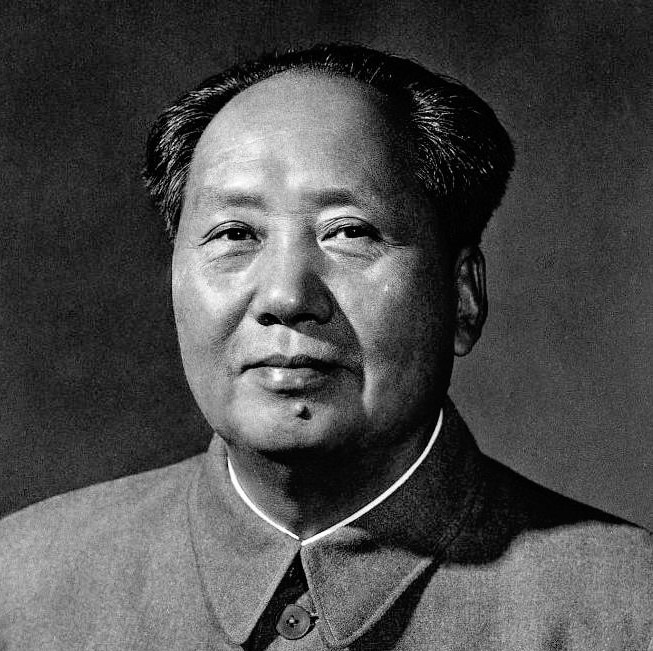
At the outset, the army of the PRC were very cordial and helpful with the natives since they needed the cooperation of the locals in order to build various infrastructure to further their ambition.
However, once their aim had been achieved in these areas, they subjected the locals to untold miseries and torture, taking away their land and animals and humiliating those they deemed high class people or those who possessed wealth and land.
As the Chinese army steadily captured the remaining areas it was inevitable for the capital to fall under the Chinese regime.
Finally, in 1959, Lhasa the capital city of Tibet capitulated to Chinese and thus started a long but arduous and painful saga of Tibet’s misfortune.
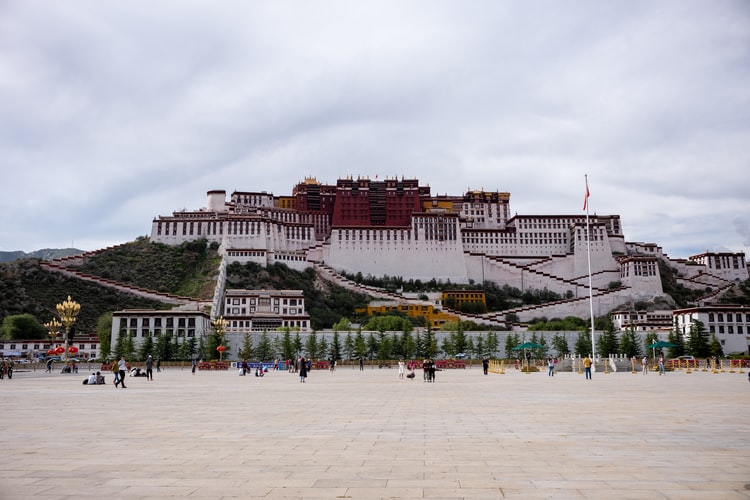
The phrase Sinicization of Tibetan Buddhism is an overarching concept used by the critics of Chinese rule over Tibet.
The meaning of the phrase in its literal sense can be drawn from the 13th Five Year Plan (13th FYP) of Chinese Communist Party or the CCP.
The laid out five year plan stated that, “The guiding ideology for national economic and social development is: hold high the great banner of socialism with Chinese characteristics, thoroughly implement the spirit of the 18th National Congress of the Communist Party of China, the 3rd, 4th, and 5th Plenary sessions of the 18th Central Committee of the CCP, and the 6th Central Tibet Work Forum.”
This goal was more clearly outlined in the tasks enumerated in the same document and included reference to “fighting against the 14th Dalai Lama clique” as well as cracking down on “separatists” and strengthening control over the monasteries.
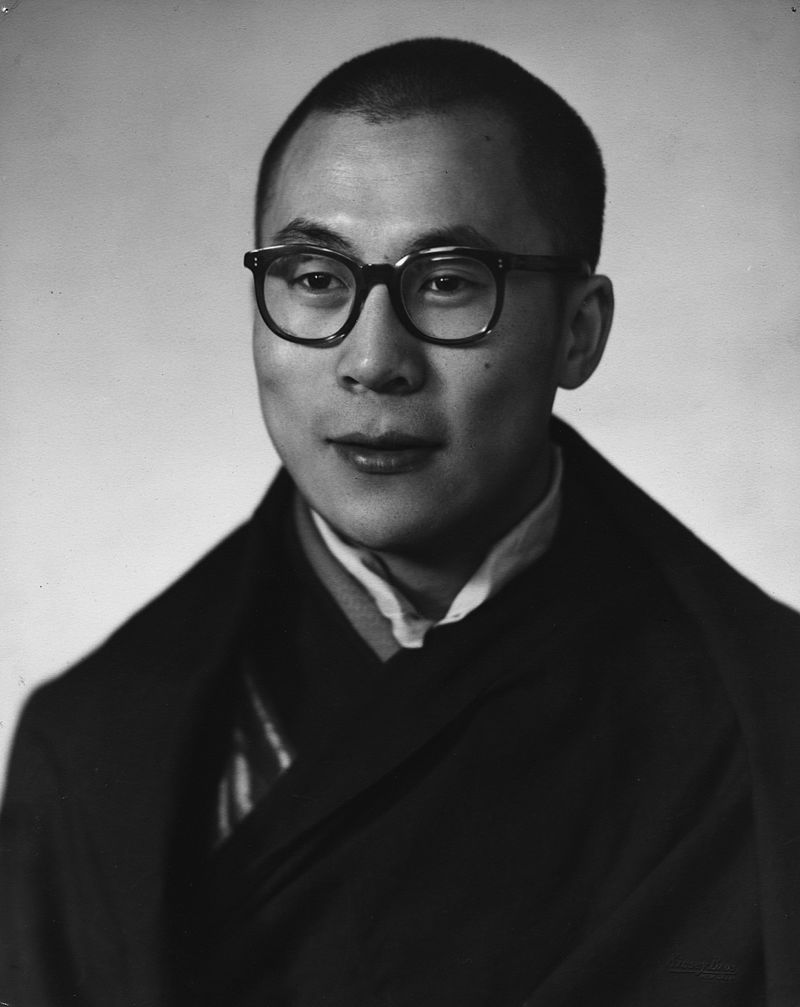
It said: “Fully implement the party’s ethnic policy, promote exchanges and integration of people of all ethnic groups, and create a model area for ethnic unity. Fully implement the party’s basic policy on religious work and manage religious affairs in accordance with the law. Implement the beneficial policies for both the monks and monasteries, and improve the public services of monasteries. Adhere to the rule of law, active governance, and comprehensive governance, and improve the working mechanism of joint prevention and control of the party, government, military, police and civilians. Adhere to the principle of fighting against the Dalai clique, having strict precautions and strictly crack down on all types of separatist and sabotage activities. Continue to deepen ten measures for stability maintenance. Strengthen food and drug supervision, strengthen supervision and inspection in key areas such as road traffic, fire safety, forest fire prevention, and special facilities, and safeguard the safety of people’s lives and property.”
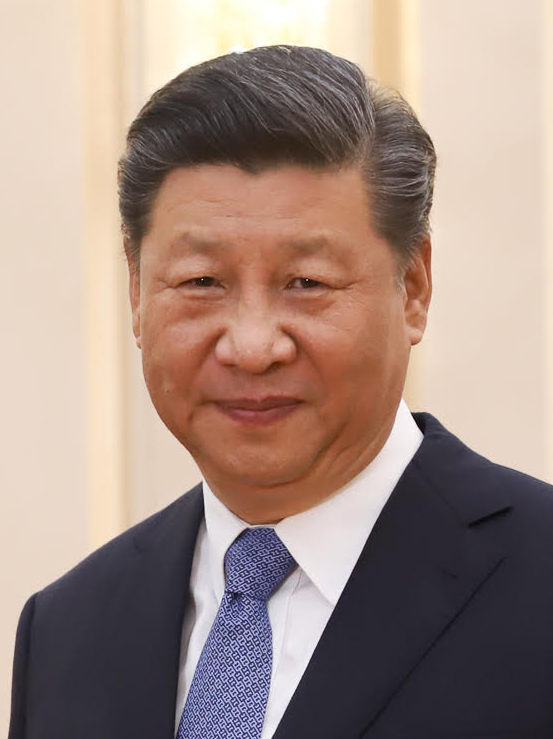
In April of 2016, while speaking at the National Religious Work Conference, Xi Jinping said that the religious groups should “merge religious doctrines with Chinese culture, abide by Chinese laws and regulations, and devote themselves to China’s reform and opening up drive and socialist modernization in order to contribute to the realization of the Chinese dream of national rejuvenation.”
In 2017, Zhang Yijong, the Executive Deputy Head of the United Front Work Department, further advanced the Sinicization campaign when he asserted during a press conference on the side-lines of the 19th Party Congress that Tibetan Buddhism is a special religion “born in our ancient China” and that “It’s a Chinese religion. It didn’t come in from the outside.”
To give legitimacy to this falsehood and to farther the propaganda, various steps have been taken on the ground. On the 7th Central Symposium on Tibet Work, held in Beijing on August 28-29 2020, Xi Jinping ordered to “build the new modern socialist Tibet,” stressing that “Tibetan Buddhism should be guided in adapting to the socialist society and should be developed in the Chinese context.”
In May last year, Datong City government officials ordered to rectify the temple. Its stupa has been converted into a Chinese pavilion with grey bricks and black tiles.
The traditional Tibetan bronze pillars in front of its entrance were demolished. The Xingguo Temple in Dingzhou City in the northern province of Hebei was built in the Jin Dynasty (1115–1234) and became known as the “Dingzhou No. 1 Ancient Temple.
The Tibetan scripts below the temple’s signboards were recently painted over or replaced with other design or Chinese characters.
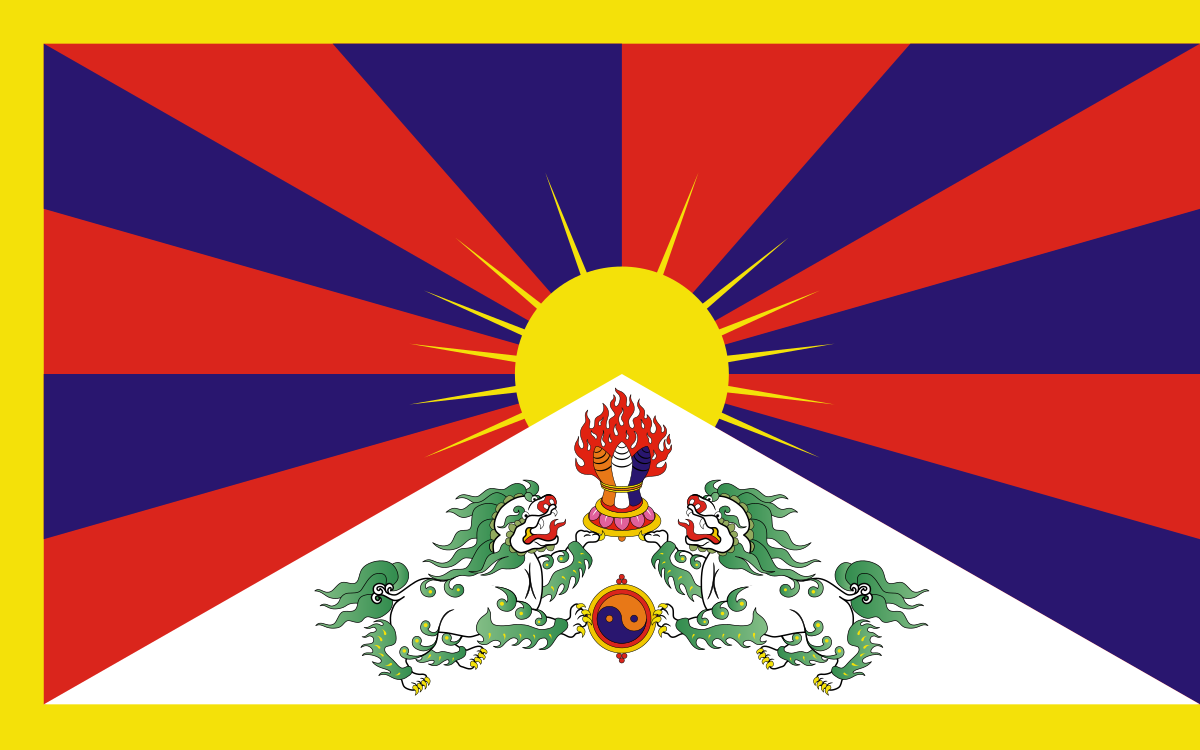
Indoctrination of Tibetans in Tibet:
In order to strengthen its grip over Tibet the CCP has taken various measures to sink its talons deep into the fabric of Tibetan society. The aim of the CCP has always been to indoctrinate the Tibetans from a very young age.
School curriculums are full of praises glorifying Mao Zedong and books are complete with misinformation, impressing upon the young minds of Tibetans that the Chinese are actually the liberators, as they claim and that they came to Tibet for its progress.
However, there is not a single mention of the invasion of Tibet by china in 1949, and the various protests by Tibetans.
The mass but peaceful uprising of 1959, which is one of the most pivotal moments in modern Tibetan history is nowhere to be found. Their claim of suzerainty over Tibet has existed since the Yuan Dynasty, however, the Yuan Dynasty was founded by Kublai Khan in 1279-1368 which is recorded in Chinese history itself.
By this logic China’s claim over Tibet stands nonbinding since she herself was under Mongol rule.
But such important pieces of information are denied.
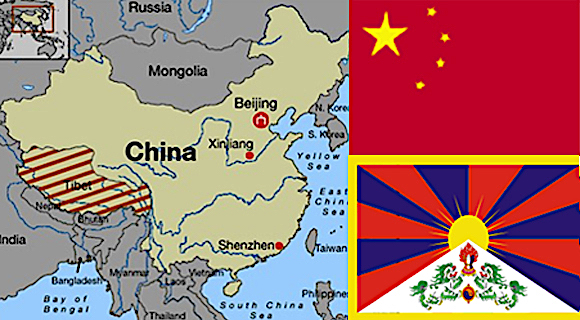
From the outset of the recent decade further steps have been taken by the Chinese authorities to expedite the process of indoctrination in a special but ignominious way.
They are attacking the very essence of the Tibetan way of life.
In 2012, the Chinese government established an elite Tibetan Buddhist Higher Studies to train select monks and nuns from across TAR, and other provinces with Tibetan population, where they have established similar institutes. These institutes are designed to produce a new generation of patriotic religious professionals, teachers who are qualified both in religion and committed to the party’s ideology and mission.
These monks and nuns are selected on the basis of their excellent religious knowledge and undergo re-education programmes in these institutes with the sole intention to infiltrate their mind into becoming subservient political lackeys.
The idea behind this is to make sure these trained high lamas are then able to disseminate the CCP’s political messages and make the monasteries and the monks in general adhere to the socialist core values and there by negating the influence of the Dalai Lama and further undermining the very essence of religion.
There are 12 socialist core values, such as harmony, civility, democracy, rule of law, etc.
However, only the ninth value- patriotism is emphasized in the standard political education material for Tibetan monistic.

Larung Gar, a major Tibetan Buddhist center, the size of a small town was invaded a couple of years back by Chinese paramilitaries.
On the orders of the Chinese regime, the bulldozers moved in, centuries old buildings were demolished and thousands of monks and nuns made homeless.
Rounded up by armed Chinese troops they were forced onto convoys of buses; destination – prison camps.
Held there under a brutal program of political indoctrination, and mental and physical abuse, Tibetans whose daily life was dedicated to following the teachings of Buddhism now are forced to renounce their cultural identity.
Failure to comply, results in beatings, torture and additional years of detention.
Today we read that Tibetan nuns are being held at Jomda near Chamdo in occupied Tibet, and have been beaten to a pulp by Chinese thugs for their supposed crimes.
Having each and every day being forced to sing songs in Chinese praising Xi Jinping and China’s communist party, it is followed by hours watching propaganda films on Chinese military campaigns which have led these Tibetans into severe psychological trauma.
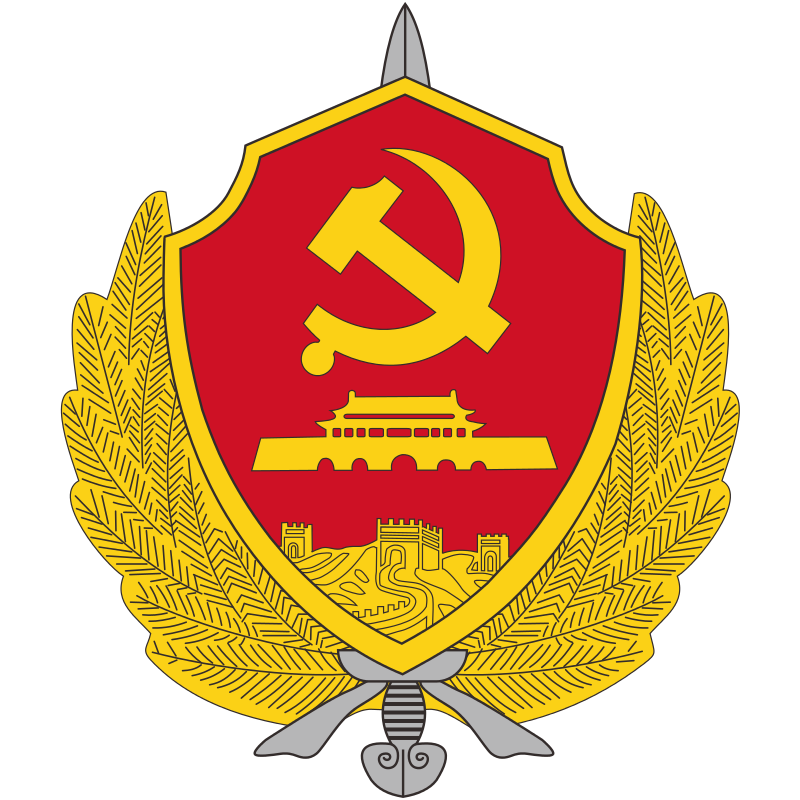
Some broke down into tears.
It was this response, which was seen as disloyalty and dissent against the glorious Chinese government that resulted in a number of brutal assaults against these Tibetan women.
Left unable to walk, barely conscious and seriously bruised they were moved into isolation cells.
Following the attack, they were informed their detention would be increased, more endless days of misery and indoctrination.
The Dharamshala-based Tibetan Centre for Human Rights and Democracy (TCHRD) has urged Chinese authorities to immediately reveal the fate of two Tibetan men who went missing last year after they were detained by police for refusing to take part in coercive political re-education campaigns in Tachen Township in Nagchu (Ch: Naqu) County, Nagchu Prefecture, Tibet Autonomous Region, in the traditional Shak Ronpo area in the Tibetan province of Kham.
Lhadar and Norsang were detained in separate incidents when local authorities conducted mass political re-education campaigns, also known as patriotic education, to ensure that the celebrations marking the 70th founding anniversary of the Chinese Party-state went unopposed. (tchrd.com, 2020)
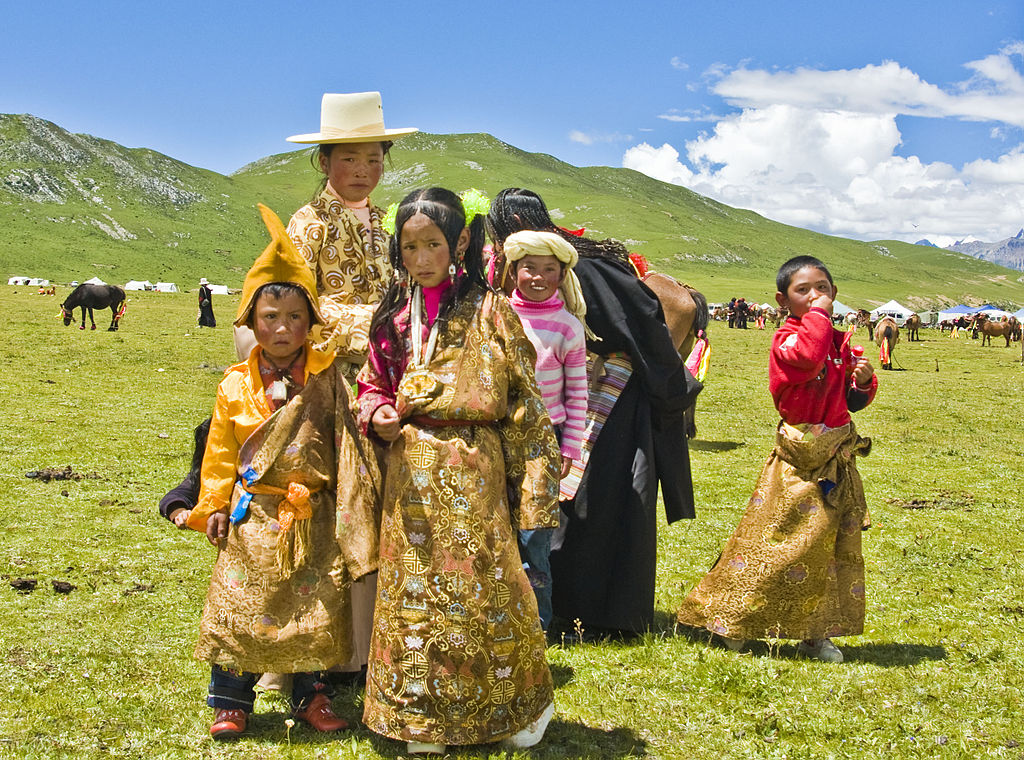
C: https://commons.wikimedia.org/wiki/User:Antoinetav
Lhadar, 37, was detained on 8 October 2019 and has not been seen or heard from since.
Friends and relatives suspect that he has been detained under the suspicion of sharing information with outsiders.
A month before his detention, Lhadar, a resident of Tsalhi village, had received a phone call from local police warning him against travelling anywhere before and during the 70th anniversary celebrations.
It is a standard practice of local police to issue such warnings to restrict basic human rights of former political detainees during anniversaries and festivals deemed sensitive by the Chinese authorities.
Norsang, 36, a resident of Sabah Village, was detained towards the end of September last year along with five others.
Although the five other men had been released, Norsang’s condition and whereabouts remain unknown.
In the run-up to the 70th anniversary celebrations, Chinese authorities organised numerous public performances where local Tibetans were required to hold Chinese national flags and sing ‘red songs’ in praise of the Party.
Those like Norsang whose attitude were deemed threats to ‘stability’ and ‘harmony’ because they had refused to go along with the mass political re-education campaigns were punished.
Not much is known about Norsang except that he was held at the township detention centre and his family members were refused permission to visit him or deliver him food and other necessities.
Local police warned that more requests for visits would result in a heavier sentence for Norsang.
The Issue of Reincarnation:
In the last decade China has stared to tighten control over Tibetan Buddhism with a new law requiring government permission for recognition of any reincarnated lamas.
Tibetan activists say this is another attempt by communist Chinese leaders to undermine Tibetan culture and even absurdly to control the religious afterlife.
The new law bans Tibetan lamas, or monks, from reincarnating without Chinese government approval. China, which has ruled Tibet for more than half a century, says no-one outside China can influence the reincarnation process, and only monasteries in China can apply for permission.
Experts and activists say the law is clearly aimed at excluding the exiled Tibetan spiritual leader, the Dalai Lama, from selecting reincarnated lamas or Living Buddhas – which form the core of Tibetan Buddhism’s leadership.
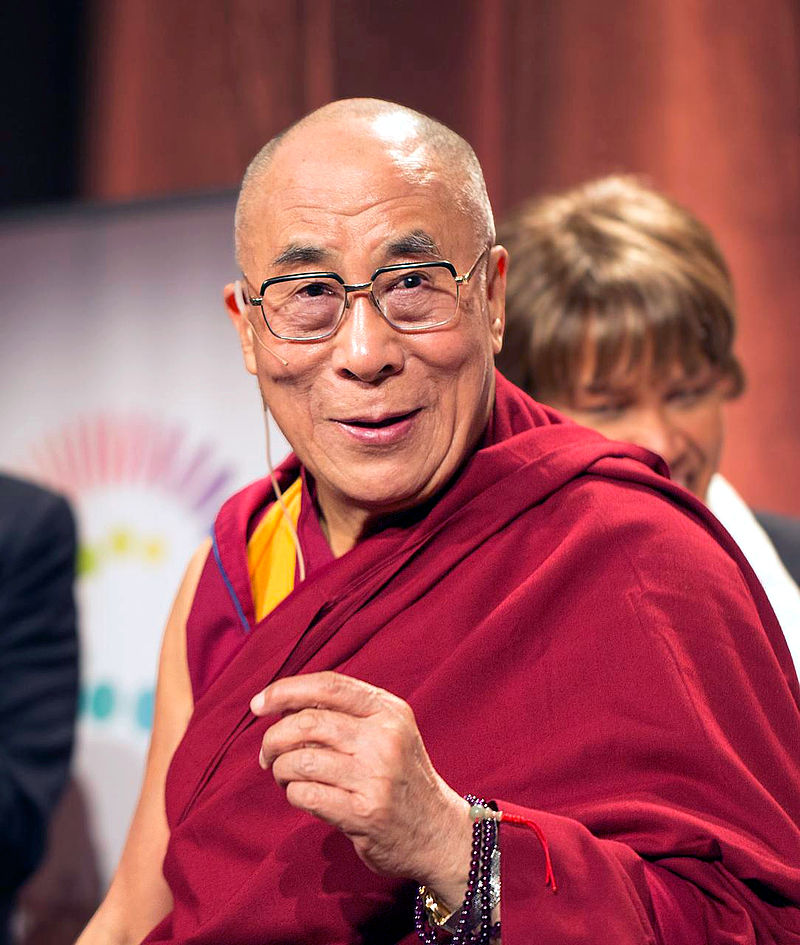
According to activists, “The law effectively paves the way for China to interfere in the future reincarnation of old Dalai Lama, who China regards as a “splittist”.
In 1995, the Dalai Lama’s chosen reincarnation of the Panchen Lama – the second holiest figure in Tibetan Buddhism – was rejected by Beijing.
Instead, China appointed its own Panchen Lama and detained the Dalai Lama’s choice.
But few Tibetans consider the Chinese Panchen Lama as a legitimate leader.
The Dalai Lama has said he will be reincarnated outside Tibet – raising the possibility of two Dalai Lamas in the future – a Chinese appointed one in Tibet, and another in exile.
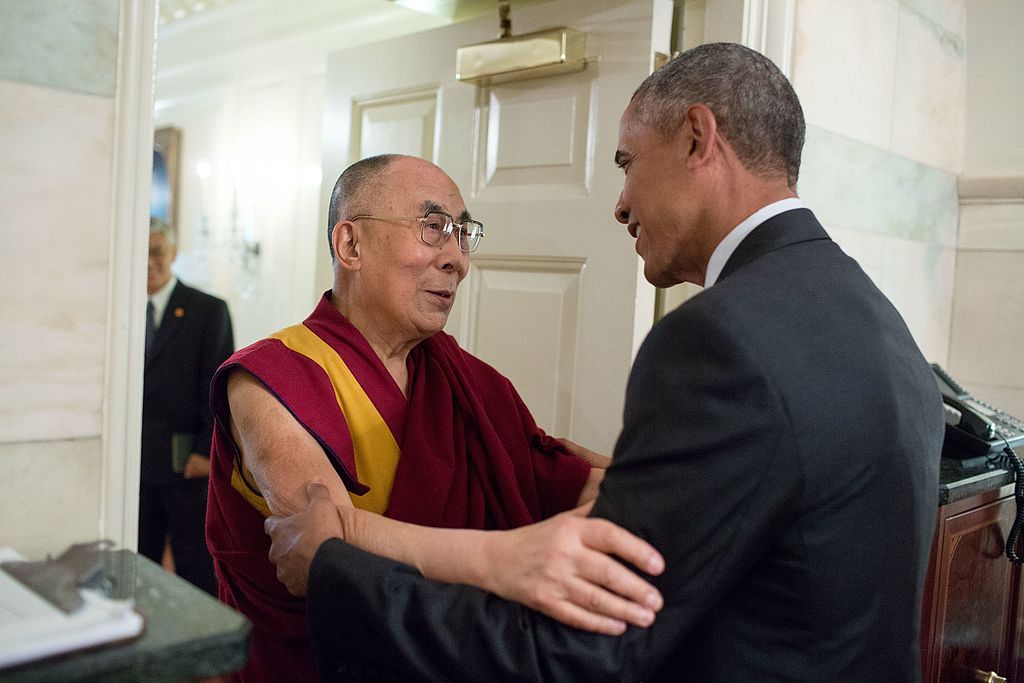
But Tenzin Norgay, a spokesman for the TCHRD says Tibetans are not likely to accept a Chinese-appointed Dalai Lama.
“How could an atheist party be able to recognize the next Dalai Lama? You look into the sentiments of the Tibetan people, the Beijing appointed Panchen Lama does not have any respect,” said Norgay.
“So similarly, even if this regulation comes into effect, if they choose a Dalai Lama of their own, it’s not going to be of any use. Ultimately it should come from the respect being shown by the Tibetan people” he added.
This article was written by Mr. Tashi Paljor, a retired school teacher.
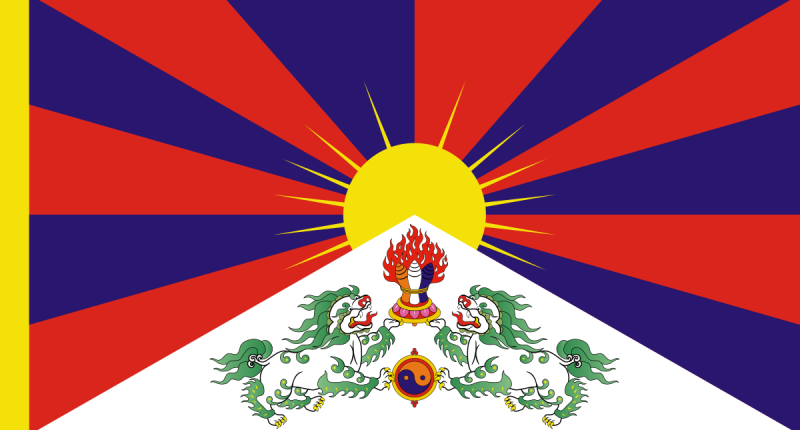









Comments are closed.